People
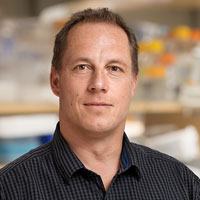
Jan Karlseder
Senior Vice President, Chief Science Officer
Professor
Jan Karlseder received his Ph.D. from the Institute for Molecular Biology in Austria and completed postdocs at both the Center for Applied Genetics (Austria) and Rockefeller University. He is currently a Professor in the Molecular and Cell Biology Laboratory at the Salk Institute for Biological Studies and holder of The Donald and Darlene Shiley Chair.
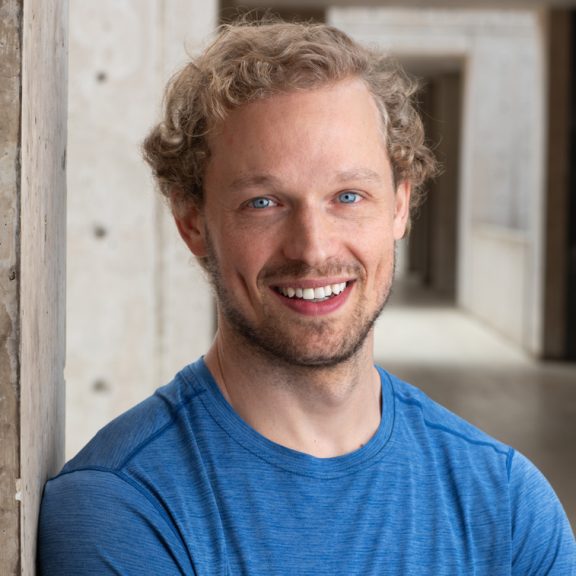
Samuel Bloom
Postdoctoral Fellow
I received my Bachelor’s of Science from Skidmore College in Saratoga Springs, New York, where I performed a senior thesis on the influence of age and obesity on telomere-related gene expression in adipose tissue. This experience piqued my interest in aging research and led me to pursue a PhD in the Nutrition and Integrative Physiology department at the University of Utah. At Utah, I worked in the Translational Vascular Physiology lab where my dissertation focused on the role of DNA damage, telomere dysfunction, and cellular senescence in vascular aging. In June 2023, I joined the Karlseder lab to explore the role of telomeres in cell fate choice, aging, and cancer initiation.
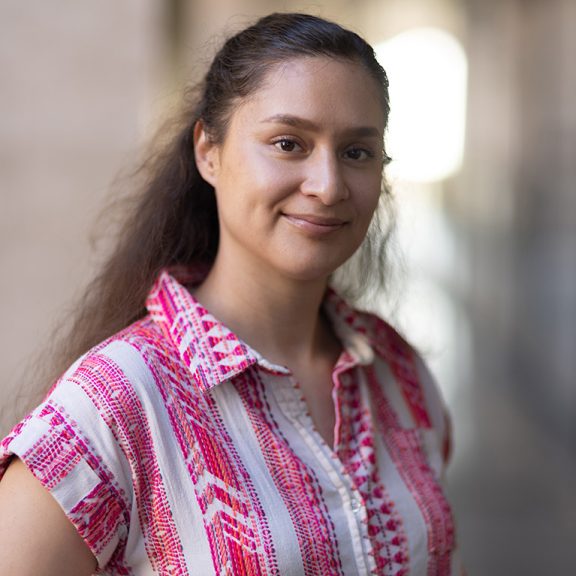
Metztli Cisneros
Postdoctoral Fellow
I received my bachelor’s degree in biology from the University of California, San Diego, where I had my first exposure to research. This experience motivated me to further pursue a career in research and led me to obtain my Ph.D. in molecular biology from the Irell and Manella Graduate School of Biological Sciences at City of Hope. My thesis focused on understanding the role of various end synapsis factors during non-homologous end joining and how they influence various repair outcomes. In October 2024, I joined the Karlseder lab as an NCI K00 fellow, where I am interested in investigating the intersection between DNA repair, crisis, and tumorigenesis.
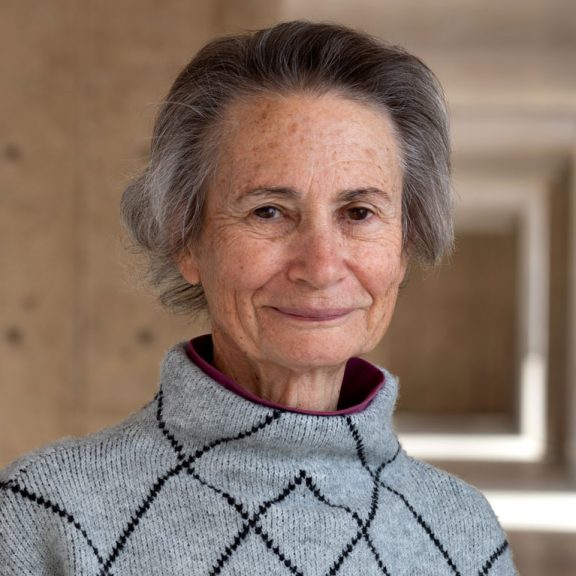
Candy Haggblom
Lab Manager
I started with the first class of undergraduates at UCSD in 1964, got hooked on molecular biology in my junior year and have enjoyed doing research ever since. I came to the Salk in 1970 where I learned the basics of tissue culture from Marguerite Vogt and worked with her for 30 years. During that time I helped to develop a working telomerase assay for primary cells and enjoyed reading all the newest telomere papers. So, it seemed like the perfect fit to go to work with Jan Karlseder and to continue with all the exciting telomere research. When I am not involved in solving all the usual lab manager problems you can find me at home in my garden.
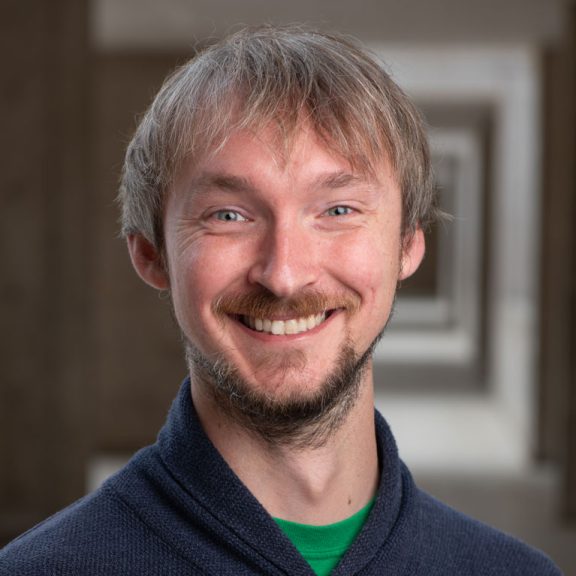
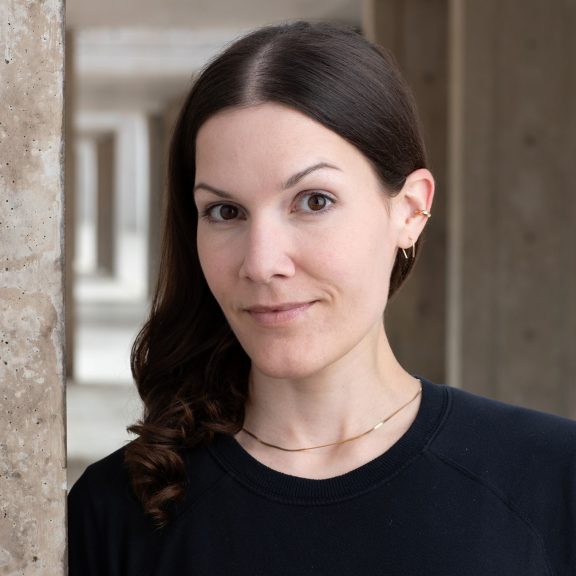
Melanie Kaiser
Postdoctoral Fellow
Working in palliative care as a nurse inspired me to go back to school to investigate cancer at a molecular level. Therefore, I received a bachelor’s and master’s degree in Genetics, Biochemistry and Biomedical Sciences from the University of Vienna. For my PhD, I received from the Medical University of Graz I did part of the research at the Salk Institute for Biological Studies, investigating telomere dynamics in cancer cells and trying to find a predictive biomarker in immune checkpoint therapy for non-small cell lung cancer patients. As a postdoc in Jan Karlseders lab, I am interested in telomere to mitochondria signaling through ZBP1 in replicative crisis, which is the finite barrier to cancer initiation.
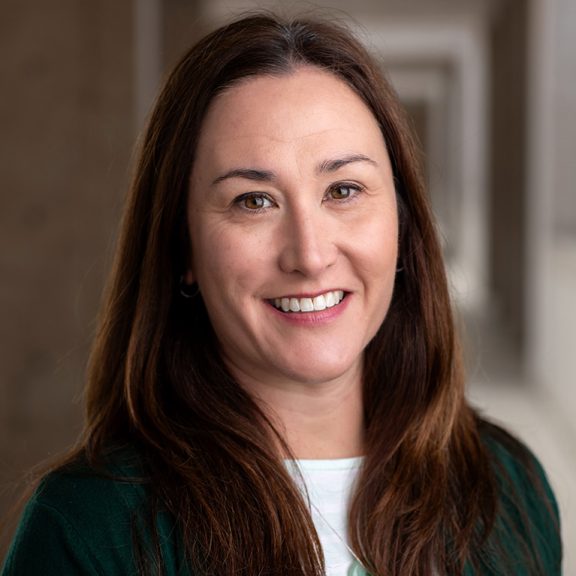
Naomi Kelly
Lab Administrative Manager
After receiving my bachelor’s degree from the University of California at San Diego, my early career path was markedly varied. I have since spent the last 15+ years in Executive Administration and Research Support at independent research institutes in San Diego. I joined Salk and the Karlseder lab in 2022.
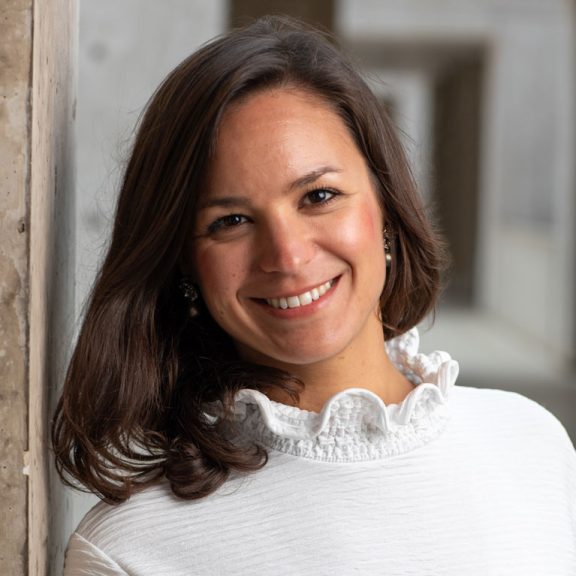
Laura Mainz
Research Associate
Originally, I come from Germany, where I did my undergraduate studies and PhD at the University of Wuerzburg. On the one hand, my main focus of research was the characterization of new inducible shRNA mouse models targeting the autophagy-related gene Atg5 or Atg7 with regard to functionality and toxicity. On the other hand, I investigated the effect of arginine deprivation via rhArgI-PEG5000 in arginine auxotrophic pancreatic cancer cell lines. Alterations in response to arginine deprivation are potential genetic vulnerabilities that can be used as targeted therapy. In November 2020, I moved to San Diego and joined the Karlseder lab.
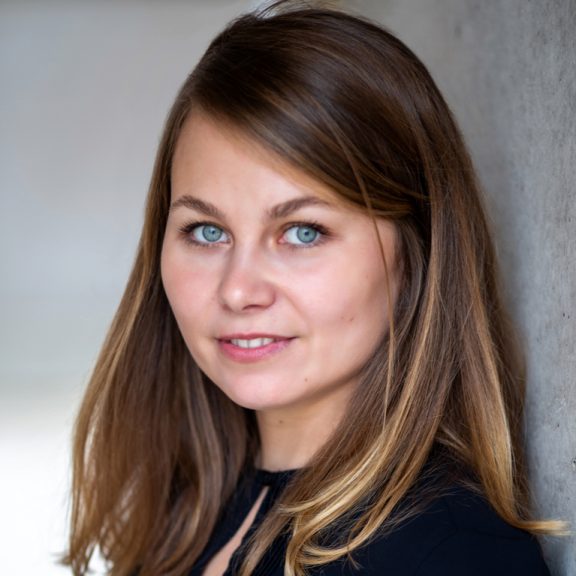
Sara Przetocka
Research Associate
I completed my undergraduate studies in Biotechnology at Jagiellonian University in Krakow, Poland. Then, I pursued a Ph.D. degree in Cancer Biology at the University of Zurich in the group of Prof. Alessandro Sartori. My thesis explored the role of homologous recombination factors in response to replication stress, focusing on mechanisms governing replication fork protection. I joined the Karlseder laboratory as a Swiss National Science Foundation Fellow in November 2020, intending to investigate the response to replication stress at telomeric repeats and its consequence for telomere function and genome integrity.
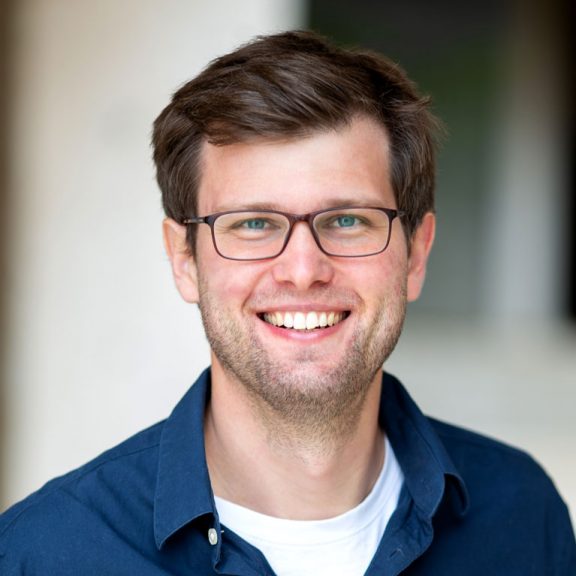
Tobias Schmidt
Research Associate
Following my bachelor’s and master’s studies in Molecular Biotechnology at Heidelberg University, Germany, I did my PhD in Hans Hombauer’s lab at the German Cancer Research Center. During my PhD I worked on different aspects of DNA replication fidelity in Saccharomyces cerevisiae, in particular, how NTP and dNTP pool alterations affect DNA replication fidelity. In March 2019, I joined the Karlseder lab. I am interested in how cells escape from replicative crisis and activate telomere maintenance mechanisms.
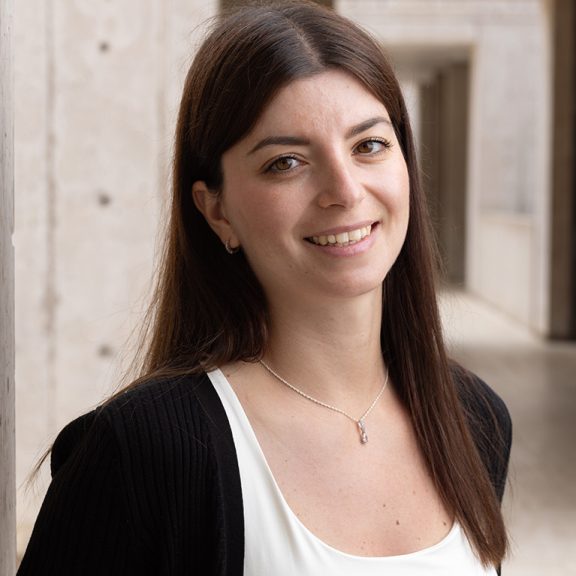
Beatrice Toia
Postdoctoral Fellow
Beatrice received her B.Sc. and M.Sc. degrees in Biotechnology from the University of Milano-Bicocca, Italy, graduating with distinction. During her studies, she spent a year conducting research at the IFOM Institute in Milan, where she investigated the mechanisms of DNA repair and replication stress tolerance in S. cerevisiae. She obtained her Ph.D. at Linköping University, Sweden, studying the role of DNA repair factors in telomere homeostasis. In the summer of 2024, Beatrice joined the Karlseder lab as a Wenner-Gren postdoctoral fellow. Her current research aims to characterize the molecular events that regulate the onset of replicative crisis in response to telomere erosion.
